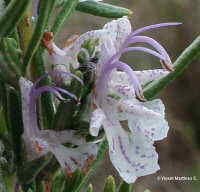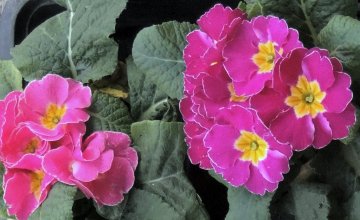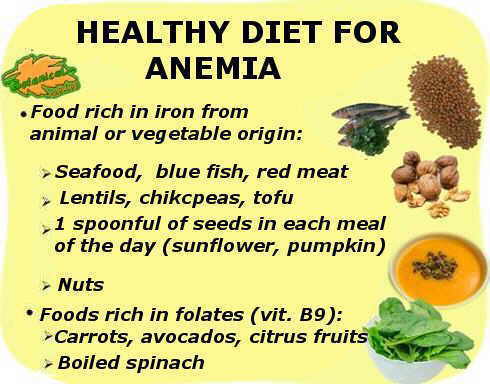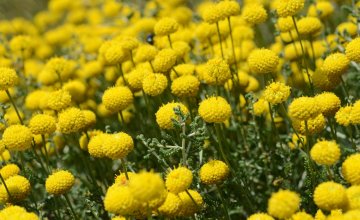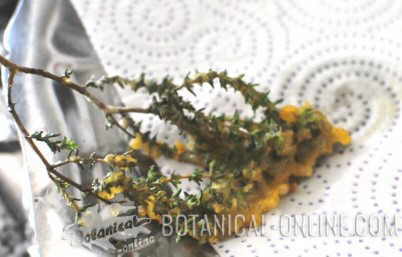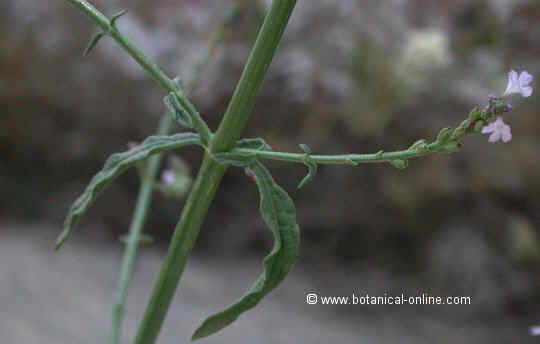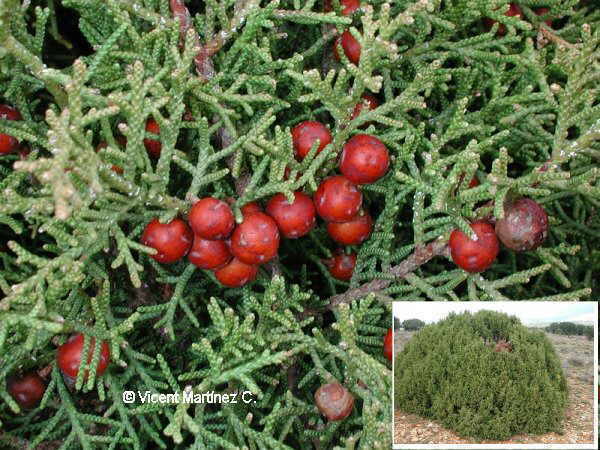Contents
ADVERSE EFFECTS OF PEPPERMINT
Has peppermint any side effects?
Peppermint is a digestive stimulant and tonic plant. It can cause the following side effects:
– Dermatitis: Skin irritation by direct contact with the plant.
– Gastritis: Peppermint stimulates digestive secretions, increasing gastric juices. If this drug is used for long time, irritation of the stomach lining (gastritis) may occur. In these cases, treatment should be discontinued. (It is recommended to see a doctor and make a diet for gastritis for at least 1 week).
– To some people it can cause nervousness or insomnia.
– Allergy

Peppermint tea with honey and lemon
Side effects with the essential oil
– Peppermint essential oil is rich in menthol. This is very irritating and its simple inhalation can cause severe adverse reactions such as nasal congestion or blisters.
– Do not use it internally (Do not ingest the essential oil).
– Applied on the skin peppermint essential oil must only be used diluted.
– Even diluted, this substance can cause adverse reactions, in which case treatment should be discontinued. Some of the effects are:
– For people with sensitive skin, using this oil can can cause adverse effects such as burns, blisters or vesicles on the skin.
– Headache
– Children under 2 years: Menthol can cause them gagging and choking when used in both ways, in infusions and applied on the skin as oil or creams, because of its cardiac depressant action, being hypotensive and strongly antiseptic. Nor infusions are indicated in this case.
– Abortion: Pregnant women and breast-feeding should NOT take peppermint essential oil, neither to inhale. The breast-feeding women should not try the essential oil in any of possible preparations because it can affect the baby.
Precautions using peppermint
To avoid unwanted side effects, we must take account of these considerations:
– Pure menthol can be fatal if ingested, so the essential oil should always be diluted.
– If we have any questions about our treatment, we should consult a qualified physician.
Peppermint dose
– Infusions: 3 to 6g of leaves in hot water, covered, for 10 minutes.
– Capsules: up to 0.6 ml of oil per day, split into 3 doses of 0.2 ml / capsule. Take between meals.
Where and how to buy mint?
Mint can be purchased from pharmacies, health food shops, department stores and natural food stores. It comes in multiple preparations for internal and external uses, according to the benefits that are desired:
– Infusions. Although its active ingredient content is low, an infusion prepared with a tablespoon of leaves, taken 3 or 4 times a day between meals can help stimulate appetite and relieve mild intestinal symptoms. Cover the preparation to prevent volatiles (essential oils) from evaporating.
– Gargles. A strong infusion of mint used in gargle can relieve a sore throat.
– Tincture . To sweeten the breath and stimulate saliva segregation experts advise placing one or two drops of tincture of mint on the tongue.
– Fresh leaves. Chew a couple of fresh mint leaves can have the same effect as tincture.
– Capsules. Should contain 0.2 ml of peppermint oil to be effective, and enteric coated (to prevent oil dissolves before it reaches the intestine). Indicated for digestive problems (gas, bloating). Take 1 hour before meals, up to 3 times daily.
– Peppermint oil. Add a few drops in boiling water and inhale the steam. Can also be added to creams or other oils to rub on sore muscles in order to relieve them.
– Poultices. Prepare a poultice of fresh leaves crushed and soaked in hot water, draining them immediately and spreading the dough between two layers of thin fabric. Place the hot poultice on muscles and cover with a towel to keep them warm.
![]() More information on peppermint
More information on peppermint

